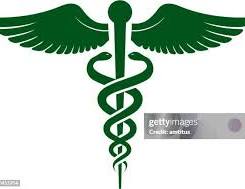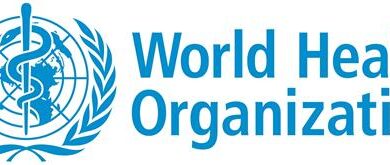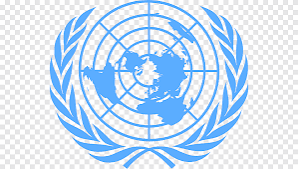WHO Publishes new guidance to promote Strong, Efficient and Sustainable Regulatory Systems

The World Health Organization, (WHO) said it has recently published two documents that will be critical for countries’ regulatory system strengthening activities, including regulatory cooperation, convergence and transparency.
According to a statement on WHO’s website, Good Regulatory Practices (GRP) and Good Reliance Practices (GReP), published as Annexes 10 and 11 in the 55th report of the WHO Expert Committee on Specifications for Pharmaceutical Preparations (ECSPP) (WHO Technical Report Series 1033)1 aim to support countries in improving the oversight and regulation of medicines and health products, and to promote greater collaboration between regulators regionally and internationally to leverage resources more efficiently and ensure quality health products reach people faster.
“Efficient regulation of medical products through the implementation of Good Regulatory Practices is now needed more than ever to face the current regulatory oversight challenges posed by the global pandemic,” said Dr Mariângela Simão, WHO Assistant Director-General, Access to Medicines and Health Products adding that “Reliance and cooperation between regulators have been key in facilitating emergency authorizations for Covid-19 health tools and rapid responses when suspected side effects have emerged.”
Good Regulatory Practices
The Good Regulatory Practices (GRP) document provides advice to establish and implement sound, affordable, efficient regulation of medical products as an important part of health system performance and sustainability. It presents widely recognized principles derived from an extensive review of public documents issued by governments and multilateral organizations as well as many consultative workshops, benchmarking exercises and interactions with countries’ realities.
The nine principles presented in this document – legality, consistency, independence, impartiality, proportionality, flexibility, clarity, efficiency and transparency – are relevant to all authorities responsible for the regulation of medical products, irrespective of their resources, sophistication or regulatory model. Regulated parties and other stakeholders also have important roles to play in implementing GRP and achieving an efficient regulatory environment.
Good Reliance Practices
WHO supports reliance among regulators to make the best use of available resources and expertise. This principle allows leveraging the output of other regulators whenever possible while placing a greater focus at national level on value-added regulatory activities. The purpose of the Good Reliance Practices (GRelP) is to promote a more efficient approach to regulation, thereby improving and expediting access to quality-assured, effective and safe medical products.
The guidance was developed based on recommendations on regulatory reliance principles of the Pan American Health Organization and the Pan American Network for Drug Regulatory Harmonization2 and on responses to a survey on reliance conducted among regulatory authorities in 2018-2019 on behalf of the International Pharmaceutical Regulators Programme3.
GRelP presents the overarching principles of regulatory reliance in the field of regulation of medical products4, addressing all the regulatory functions in the life cycle of these products. In addition, key concepts, general considerations and discussion on potential barriers and enablers are presented in order to facilitate the implementation of reliance approaches.
Next Steps
Implementation of the two high-level documents will be facilitated by practical guidance and other tools such as a global repository of reliance approaches. They are also completing a set of documents already published by WHO to guide Member States in building efficient regulatory systems, notably the recent release of WHO guideline on the implementation of quality management systems for national regulatory authorities2.





